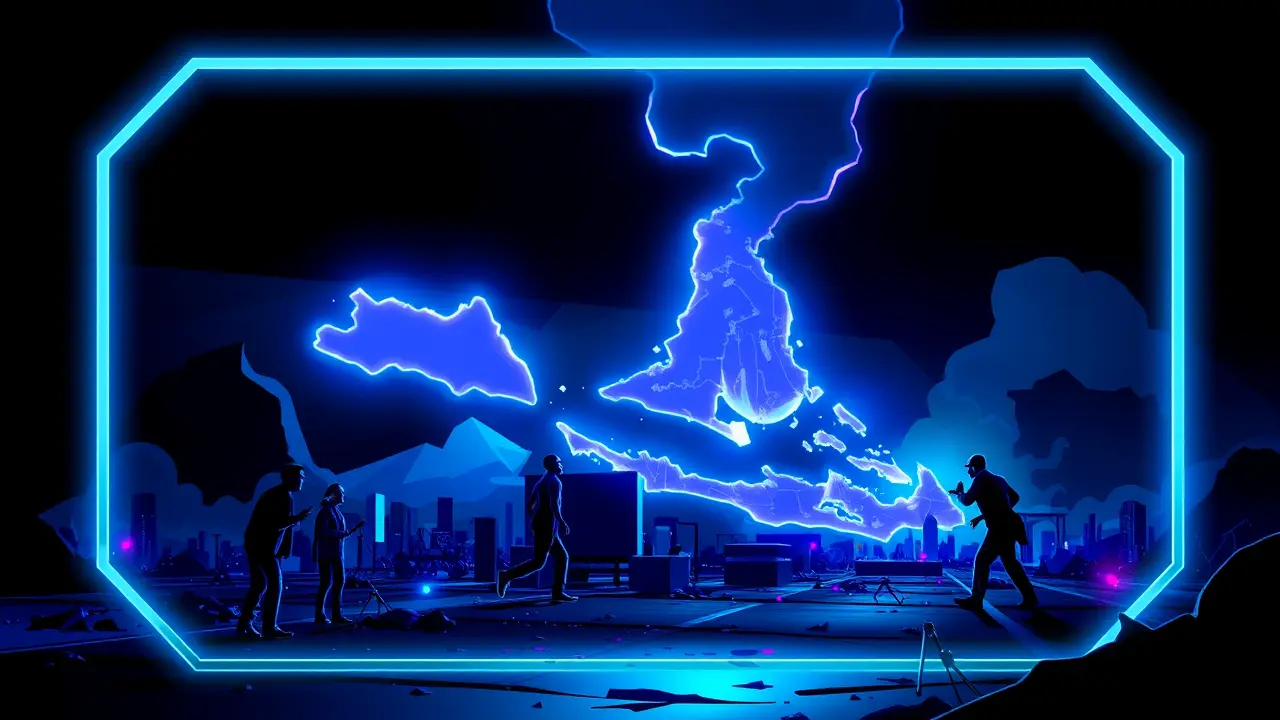
PoliticselectionsPost-Election Analysis
Dutch Centrist Rob Jetten Wins Close Election Race.
RO
Robert Hayes
3 days ago7 min read
In a political contest that echoed the tight, principle-defining elections that have periodically reshaped the European continent, Dutch centrist Rob Jetten has emerged as the pivotal figure from Wednesday's electoral fray, with a comprehensive vote analysis confirming his Democrats 66 (D66) party as the largest, an advantage now deemed insurmountable. This outcome, while delivering a provisional victory, unfolds not as a conclusive endpoint but as the opening gambit in the intricate and often protracted ritual of Dutch coalition-building, a process as deeply ingrained in the Netherlands' political identity as its famed polders.Jetten's ascent, at the helm of a party that champions progressive liberalism, European integration, and ambitious climate action, represents a significant recalibration of the Dutch political compass, which has in recent years been swayed by the populist, nationalist currents embodied by Geert Wilders’ PVV. The victory, secured by a margin so slender it demands a statesman's touch, is reminiscent of historical moments where centrist forces have had to consolidate fragile mandates, much like the political tightropes walked by figures such as Winston Churchill during precarious parliamentary balances; it is a triumph of pragmatic campaigning over ideological purity, suggesting a voter appetite for stability and competent governance after a period of fragmentation.The immediate consequence is that Jetten, a relatively young but seasoned operator who previously served as Climate and Energy Minister, now holds the prime mandate to attempt to form a government, a task that will require him to navigate a fractured lower house where no single bloc commands a majority, forcing negotiations with potential partners ranging from the left-green alliance to the traditional center-right VVD, each with red lines on issues from immigration to nitrogen emissions that have previously collapsed talks. The broader implication for the European Union is profound, as a stable, pro-EU government in The Hague strengthens the Franco-German axis at a time of significant geopolitical uncertainty, potentially influencing everything from the bloc's next strategic agenda to its unified stance on support for Ukraine and the green transition.Domestically, Jetten's platform, which aggressively promotes a green industrial revolution, faces its ultimate test; the analytical reality is that his policy ambitions will be diluted in any viable coalition, forcing a compromise that could either forge a durable centrist consensus or alienate his own base, setting the stage for the next political disruption. This election, therefore, is less a finale and more a critical juncture, a moment where the Dutch electorate, in its wisdom, has handed the reins not to a dominant force, but to a mediator, and the stability of the Netherlands for the coming years hinges entirely on Rob Jetten's skill in a role that is as much about diplomacy as it is about leadership.
#featured
#Dutch election
#Rob Jetten
#D66
#vote analysis
#coalition formation
#Netherlands
Stay Informed. Act Smarter.
Get weekly highlights, major headlines, and expert insights — then put your knowledge to work in our live prediction markets.
Related News
Comments
It’s quiet here...Start the conversation by leaving the first comment.
© 2025 Outpoll Service LTD. All rights reserved.










